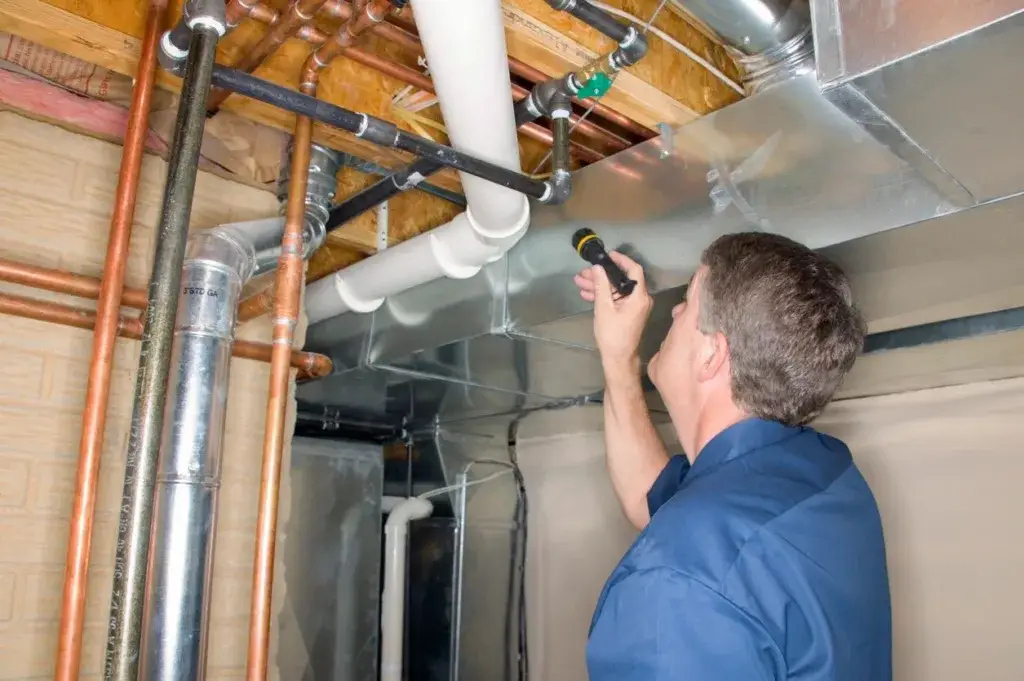
Decoding Your Home Inspection Report: What Every Homebuyer Needs to Know
Congratulations! You’ve found your dream home, made an offer, and now it’s time for the home inspection. This crucial step can sometimes feel overwhelming, but fear not! A thorough inspection report is your roadmap to understanding the true condition of the property you’re about to invest in. Here’s a comprehensive guide on what to look for when reviewing a home inspection report:
1. Inspector Credentials and Summary:
- Start by checking the credentials of the inspector. Ensure they are licensed and have relevant experience.
- Look for a summary section that highlights the main findings and issues discovered during the inspection. This will give you a quick overview before delving into the details.
2. Structural Integrity:
- Focus on structural elements such as the foundation, walls, roof, and attic. Any signs of cracks, sagging, or water damage should be noted.
- Pay close attention to the condition of the roof, as it can be costly to repair or replace.
3. Electrical System:
- Review the electrical system section for any outdated wiring, overloaded circuits, or safety hazards.
- Ensure that the electrical panel is up to code and properly labeled.
4. Plumbing System:
- Check for leaks, water pressure issues, and the condition of pipes, fixtures, and water heaters.
- Be wary of any signs of water damage or mold, as they could indicate underlying plumbing problems.
5. HVAC System:
- Evaluate the heating, ventilation, and air conditioning (HVAC) system for efficiency and functionality.
- Look for signs of wear and tear, proper insulation, and adequate ventilation.
6. Insulation and Ventilation:
- Verify the insulation levels in the attic, walls, and crawl spaces. Inadequate insulation can lead to energy inefficiency and comfort issues.
- Ensure proper ventilation in areas such as bathrooms, kitchens, and attics to prevent moisture buildup and mold growth.
7. Appliances and Fixtures:
- Take note of the age and condition of major appliances such as the refrigerator, stove, dishwasher, and washer/dryer.
- Check the functionality of faucets, toilets, showers, and other fixtures for leaks or damage.
8. Safety Features:
- Confirm the presence and functionality of smoke detectors, carbon monoxide detectors, and fire extinguishers.
- Ensure that handrails, stairways, and other safety features meet building codes and standards.
9. Pest and Termite Inspection:
- Look for any signs of pest infestation or termite damage. This includes visible pests, wood damage, or droppings.
- Consider hiring a specialized inspector for a more thorough evaluation if needed.
10. Environmental Concerns:
- Be aware of any environmental hazards such as lead-based paint, asbestos, radon, or mold.
- Addressing these issues may require specialized remediation and can impact the safety and value of the property.
11. Cost Estimates and Recommendations:
- Pay attention to cost estimates for recommended repairs or replacements provided in the report.
- Use this information to negotiate with the seller or budget for future maintenance and upgrades.
12. Professional Consultation:
- If you have any questions or concerns about the inspection report, don’t hesitate to seek clarification from the inspector or consult with other professionals.
- A real estate agent, contractor, or specialized inspector can provide valuable insights and guidance.
In conclusion, a home inspection report is a valuable tool that empowers homebuyers to make informed decisions and negotiate with confidence. By understanding what to look for and how to interpret the findings, you can ensure a smooth and successful home buying experience. Remember, knowledge is key, so take the time to review the report thoroughly and seek expert advice when needed. Happy house hunting!




